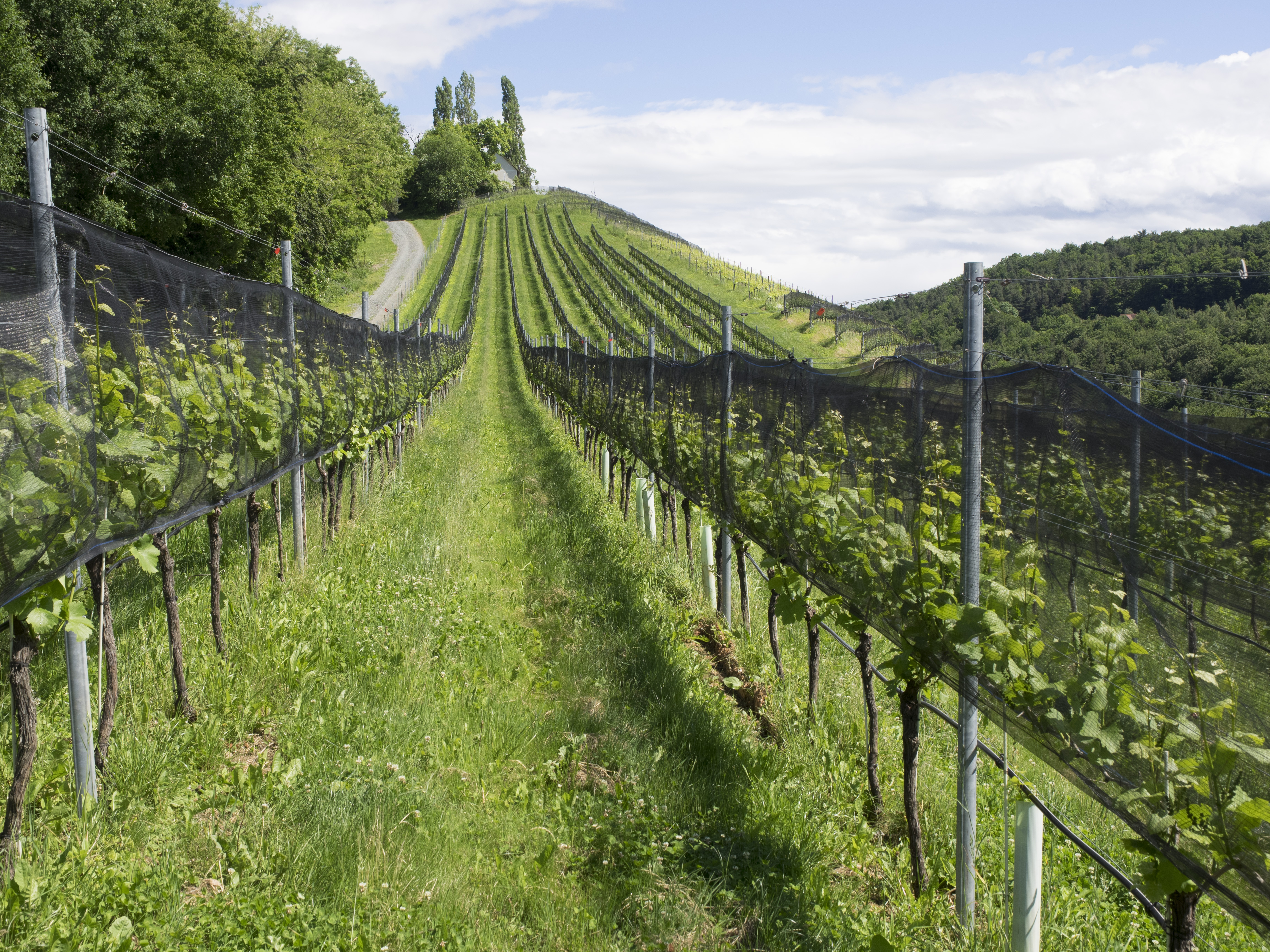The project proposes specific actions involving both relevant cross-sectional actors and the general public to raise awareness of the need to change winemaking practices in order to preserve vineyards threatened by future climate change:
- as goals for recovery,
- as places that combine centuries-old craftsmanship with modern techniques,
- as a culture deeply rooted in the regions and therefore an important factor for the regional identity of the residents.
The planned project aims to implement innovative, resource-saving and biodiversity-friendly viticulture to adapt to climate change and formulates the following goals
- Innovative greening of understory vegetation and separate greening practices in vineyard interrows to reduce erosion, improve water retention, introduce/enhance conservation biological control and maximize other biodiversity benefits
- Resource-saving methods for reducing stress on vine plants, including demand-oriented drip irrigation and site-adapted fertilization
- Reducing greenhouse gas emissions by reducing fertilizer use and machine passes in vineyards
- Changing management practices of understory vegetation to substitute herbicides
- Vineyards as a habitat and springboard for endangered species at risk of decline due to land use intensification and climate change -
Wild bees as important indicator species for biodiversity-friendly viticulture.
Further links
Life Vine Adapt - Sustainable viticulture to adapt to climate change







